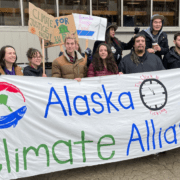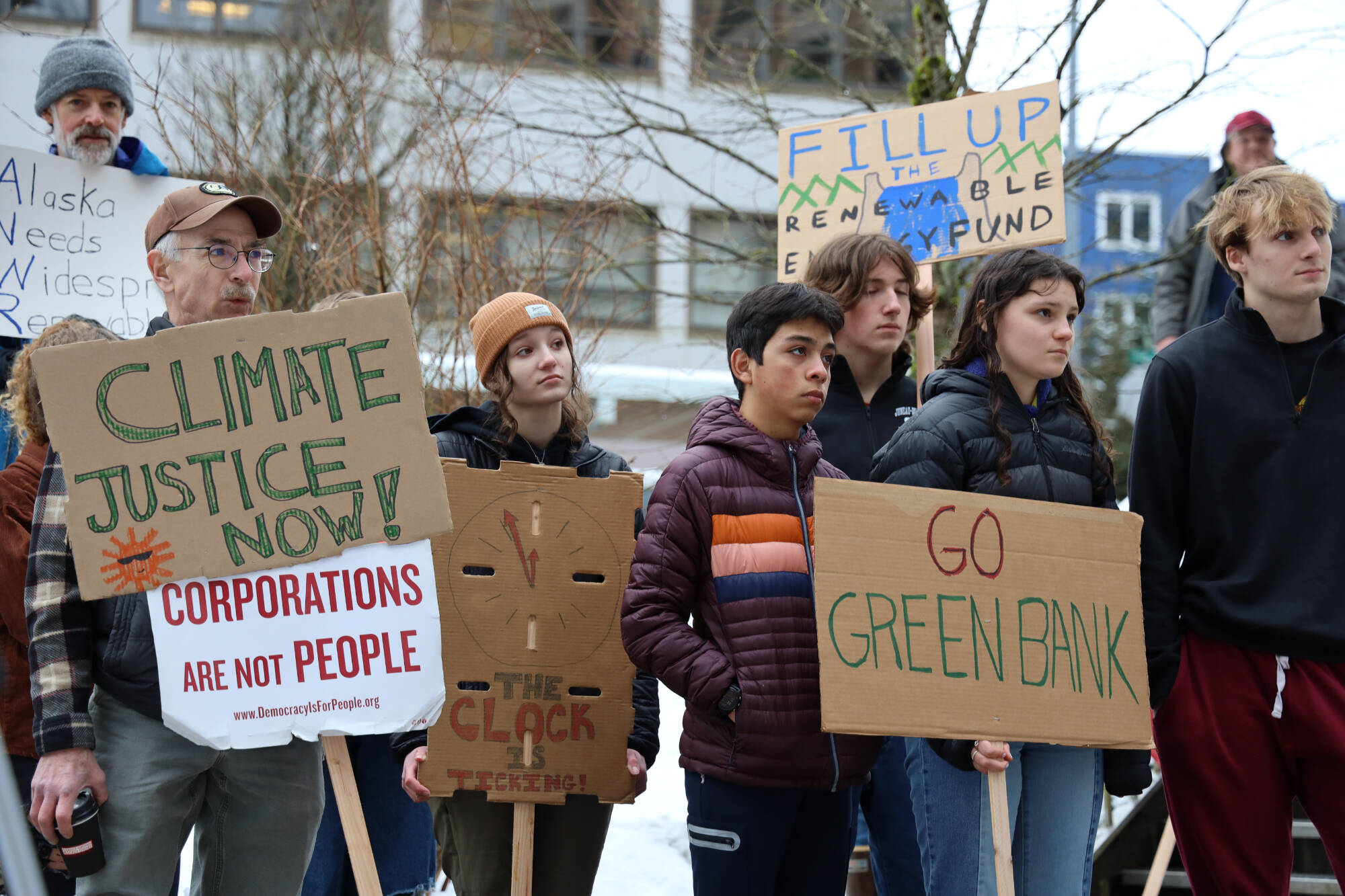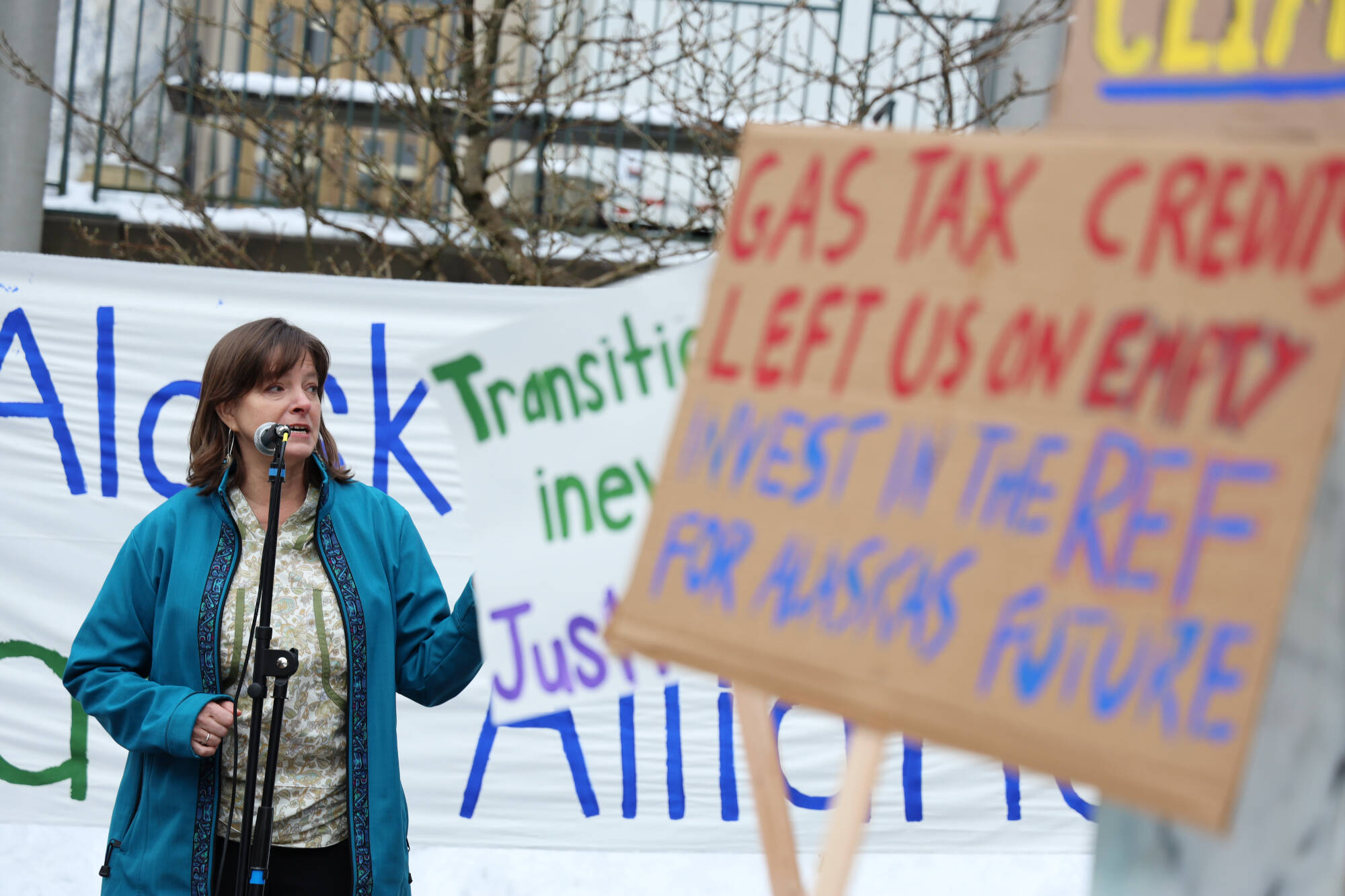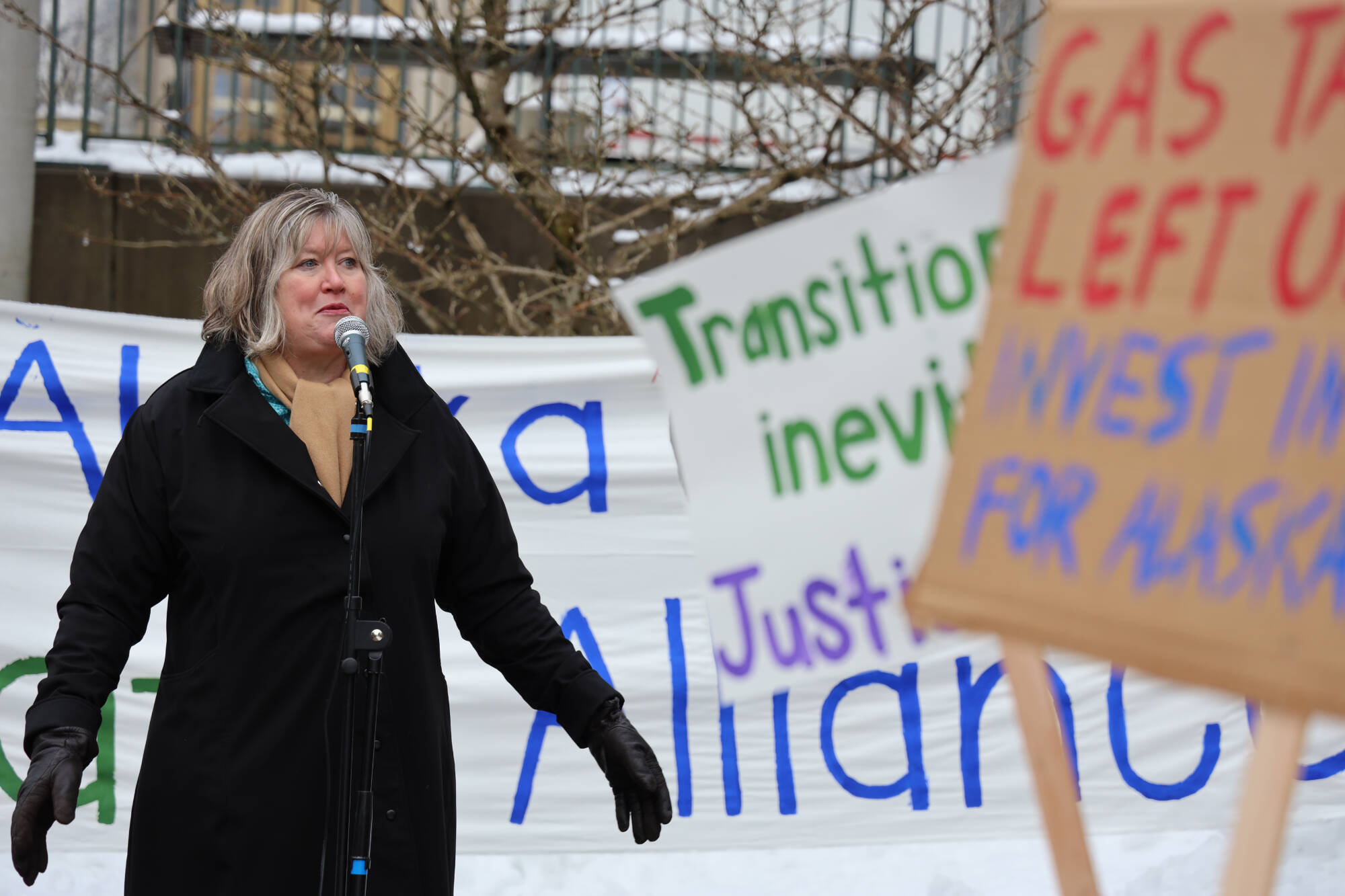Our Piece of the Pie
Getting a piece of the pie can be a great motivator for states. The sweet aroma is hard to resist when there is a $27 Billion pie to be allocated to energy efficiency, renewable energy, clean transportation, battery storage projects, and more. As the benefits of the Inflation Reduction Act programs begin to spread across the nation, we can almost see Biden and his administration smiling at the kitchen window of the White House in the spring sun, wearing flour-dusted aprons.
Earlier this year, the Environmental Protection Agency (EPA) unveiled guidance on how states and nonprofit groups can apply for $27 billion in funding from a Green Bank that will provide low-cost financing for projects intended to cut planet-warming greenhouse gas emissions. The EPA expects to award $20 billion in competitive grants to as many as 15 nonprofit groups that will work with local banks and other financial institutions to invest in projects that reduce pollution and lower energy costs for families. Another $7 billion will be awarded to states, Tribes, and municipalities to deploy a range of solar energy projects, including residential rooftop solar, community solar, and solar storage.
We are glad, then, that Alaska has chosen to go after new federal clean energy benefits in earnest and not die of deprivation on some hill of partisan spite while other states gobble up the positives. Alaska has, along with every other state in the United States (except the self-sabotaging states of Florida, Iowa, South Dakota, and Kentucky), applied for funding under the EPA’s climate pollution reduction grant program, which will help our state lay the foundation for climate action. The Dunleavy Administration has also reprised a state Green Bank framework in legislation to position Alaska to receive federal start-up funding.
As a refresher, because The Alaska Center and our partners have supported its establishment in Alaska for many years now, a Green Bank is an entity established in state statute – but it can be established as a nonprofit – which facilitates public/private lending partnerships to move large scale clean energy projects forward. Having the support of government capital to take the risk out of private lending arrangements increases the security of large-scale loans and brings traditional financing entities to the table.
Last year, the Dunleavy Administration proposed establishing a Green Bank structure in the Alaska Industrial Development and Export Authority (AIDEA). This put a lot of NGOs and Tribes on edge due to the lack of transparency in the AIDEA board decision-making process and the fact that AIDEA has invested heavily in questionable endeavors – buying up oil and gas leases in the Arctic National Wildlife Refuge after no actual petroleum company found them economic, for instance. This time around, the Dunleavy Administration is proposing the state Green Bank be established in the Alaska Housing Finance Corporation (AHFC), a more trusted entity with a track record of overseeing numerous successful energy efficiency projects such as the Home Energy Efficiency Rebate Program, and the Weatherization Program.
Senate Bill 125 and House Bill 154 to establish a Green Bank for the state of Alaska were introduced on April 5th, and the House version received a hearing this week in the House Energy Committee. These bills do not specifically reference a Green Bank, choosing instead to call it the Alaska Energy Independence Fund, but the functions will be the same. The legislative findings at the beginning of the bill state it simply enough:
“The legislature finds that permitting the Alaska Housing Finance Corporation to create a subsidiary to assist in the financing of sustainable energy development serves a public purpose benefiting the people of the state. The Alaska Housing Finance Corporation is empowered to act on behalf of the state and its people in serving this public purpose for the benefit of the general public.”
This is a simple but key statement. Sustainable energy development will create jobs, make our communities more efficient, independent, and resilient, and will decrease carbon emissions. If that is not a public purpose benefiting the people, we don’t know what is.
We expect that with the immediacy of EPA funding for states, and the fact that having a Green Bank in place will put Alaska in a competitive position to receive additional grants, the legislature will approve this concept, if not this year than next. There will be arguments about the unacceptable amount of federal spending – arguments that ignore the future cost of federal spending on climate-related disaster relief, arguments that ignore the cost of the Trump tax cuts, and the trillions we spend on other programs like national defense. Overall, though, the benefit of this smart federal spending – and a legal structure that will lead to additional private lending – will win the day. Alaska can and should get a piece of the pie on its plate. We deserve it!
Happy Spring,
The Alaska Center












 [/cs_content_seo][/cs_element_layout_column][/cs_element_layout_row][/cs_element_section][/cs_content]
[/cs_content_seo][/cs_element_layout_column][/cs_element_layout_row][/cs_element_section][/cs_content]